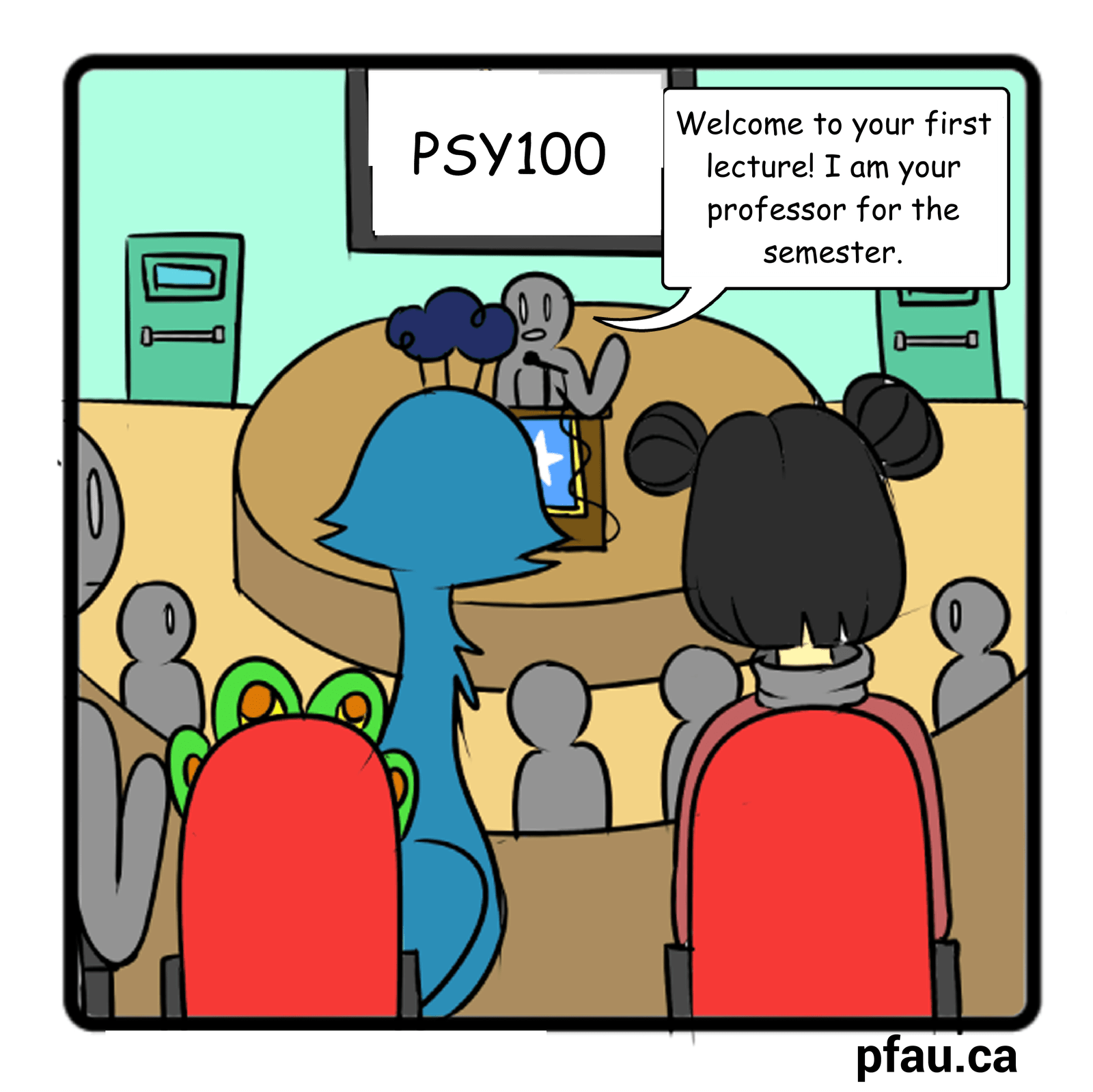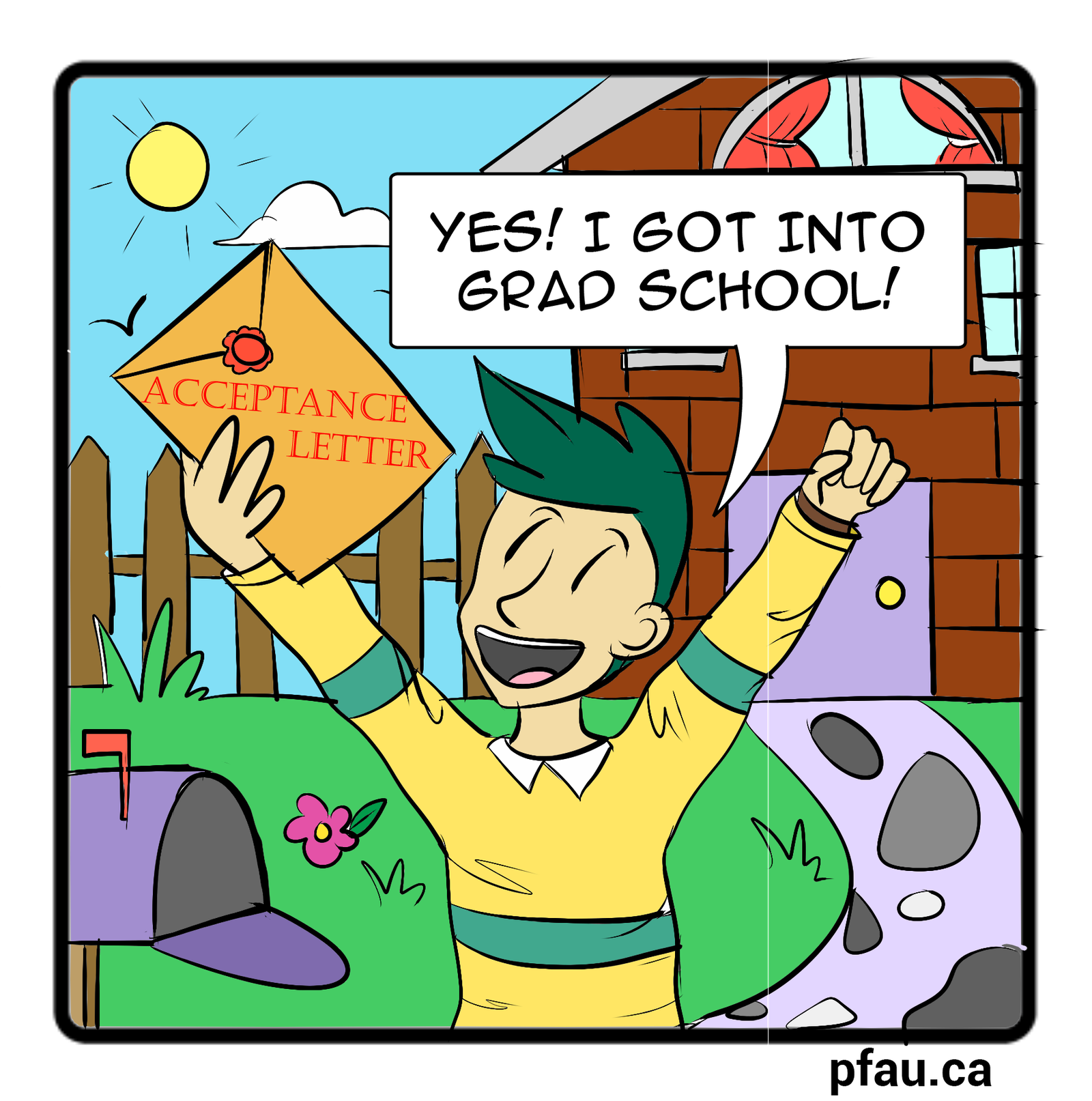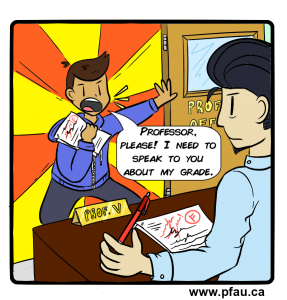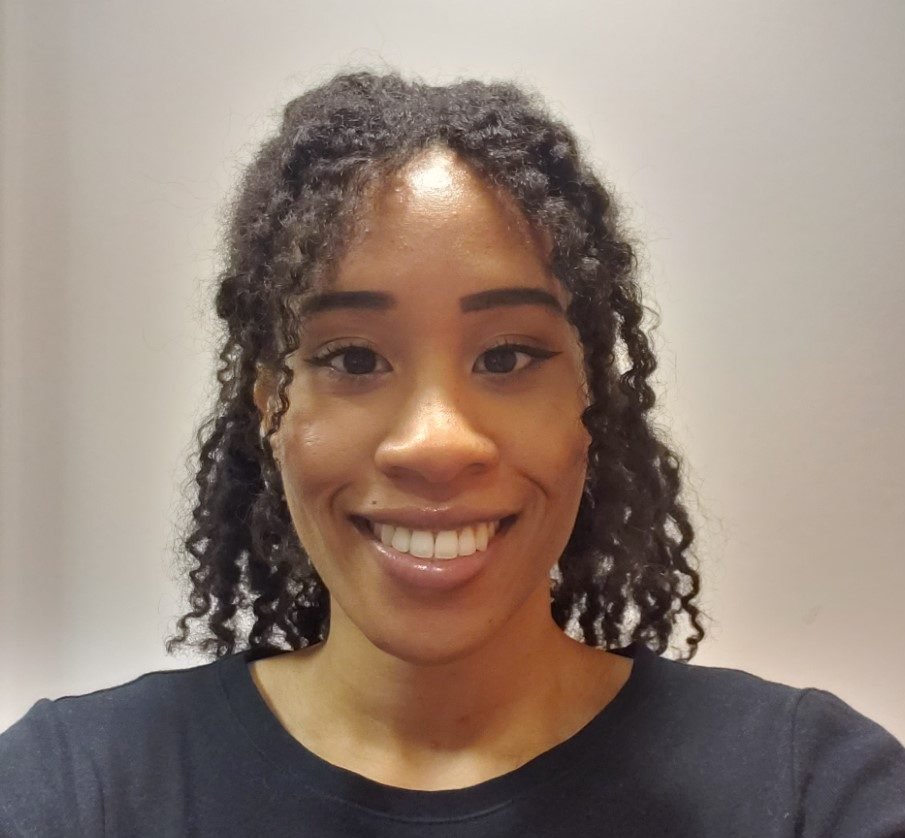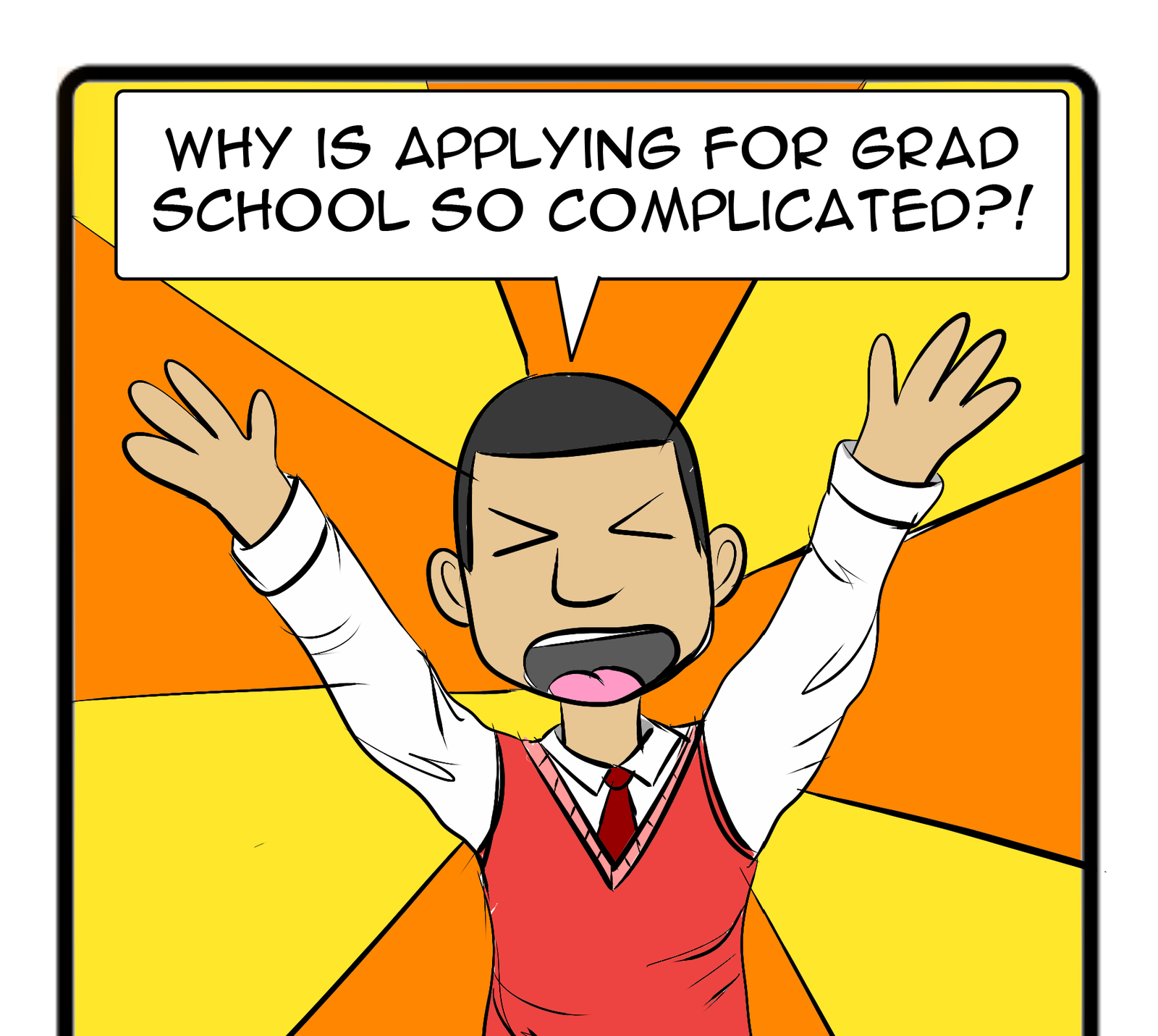Janelle Lewis is a social worker in the Toronto area who has experience working with vulnerable populations. While jobs in the sciences are sometimes considered to be “practical” an arts degree provides skills and opportunities, which can be used for careers that make meaningful differences to the community.
Over the past two years, Janelle has worked as a Program Resource Worker within the Regent Park community, where she manages intensive cases in supportive housing and provides life skills training and interventions to those experiencing mental health struggles.
_
What inspired you to get into social work?
_
The first thing would be the area that I grew up in as a child and the second thing would be coming from a working-class family. So, to further elaborate, the area that I grew up in, it was predominantly an area that had a lot more crime than other parts of Toronto and it was home to a lot of working-class, immigrant families. And at the time when I was a child, there was a shortage of social services. So, that definitely made me think about how I could contribute to my community. Just seeing my parents struggle made me think about what I could do for people who are also living in poverty or living in low income, and just seeing how I can make a better impact on them.
_
What has been the most meaningful part of your career so far?
_
So, currently, where I work in Regent Park, I work with those who experience mental health issues. I would say just hearing a thank you and how I’ve helped them, is honestly the most meaningful part of my career. A lot of my residency experience anxiety and paranoia, and just seeing where they’ve come at the beginning of when we started working together until a few years later and how they’ve developed skills and coping strategies and they’re stabilized and much more independent. As an outreach worker, I work with a lot of people who experience poverty and homelessness. So, for them to share their story about how they got there and the struggles and the struggles that they’re experiencing. It definitely is so meaningful for them to find some sort of comfort or trust to share that story.
_
What are some of the challenges of being a social worker?
_
I mean, within the social work profession, it can be a very heavy and emotional job just because we’re experiencing a lot of stressful, traumatic situations. Number one would be taking my work home with me. I’ve gotten a lot better at this where I say okay if I end at five o’clock, that’s it. I’m going to be in the present moment, and I’m going to go home. But sometimes I do hear some very difficult stories. And I’m a very sensitive person. So, after hearing some difficult stuff, or just maybe seeing a crisis that I was assisting with, and going home with that I just sometimes need time to reflect on what happened. The second challenge that I would say is wanting to do more with me that people are experiencing homelessness. I want to do more. I wish I could provide housing, I wish I could spend a little extra more time with my residents who are experiencing isolation. But at the same time, I have to remind myself that sometimes you can only do so much.
_
What is the process of becoming qualified as a social worker?
_
There are so many different ways of becoming a registered social worker. I attended George Brown College for the Social Service Worker programme, which is a two-year programme. And the reason why I decided to go to George Brown College rather than University is that I wasn’t exactly sure whether social work was the career I wanted to go into. I felt that it was very daunting and scary committing for years and to a degree that I wasn’t exactly sure about and it made me feel better knowing George Brown College that they provide placement for both years. So, once I graduated from George Brown, I transferred to York, and I did a double major. So, I double majored in sociology and social work. If you have your bachelor’s in social work, you can stop there and you’re asked to sign up as a registered social worker, but then sometimes people want to continue their education. So, for me, I’m going back to school for my Master’s in social work.
_
Thank you, Janelle, for sharing the excellent advice with us and our readers!
_
Book Mentioned in the Episode
The Lemon Tree by Sandy Tolan
_
Missed the podcast? Listen here:
_
_
For more advice about professional development and writing, check out our weekly podcast or subscribe to our monthly newsletter.
_
To get more help with your assignments, book a 20 minute discovery session with us and start your journey to reaching your full potential on the page, and in life.
Both the written, visual, audio, and audiovisual content of this post has been created by and is the intellectual property of Lisa Pfau and PFAU Academic Writing. Please do not replicate any of the above content without our consent. However, please do feel free to share this post and its authorship widely.


